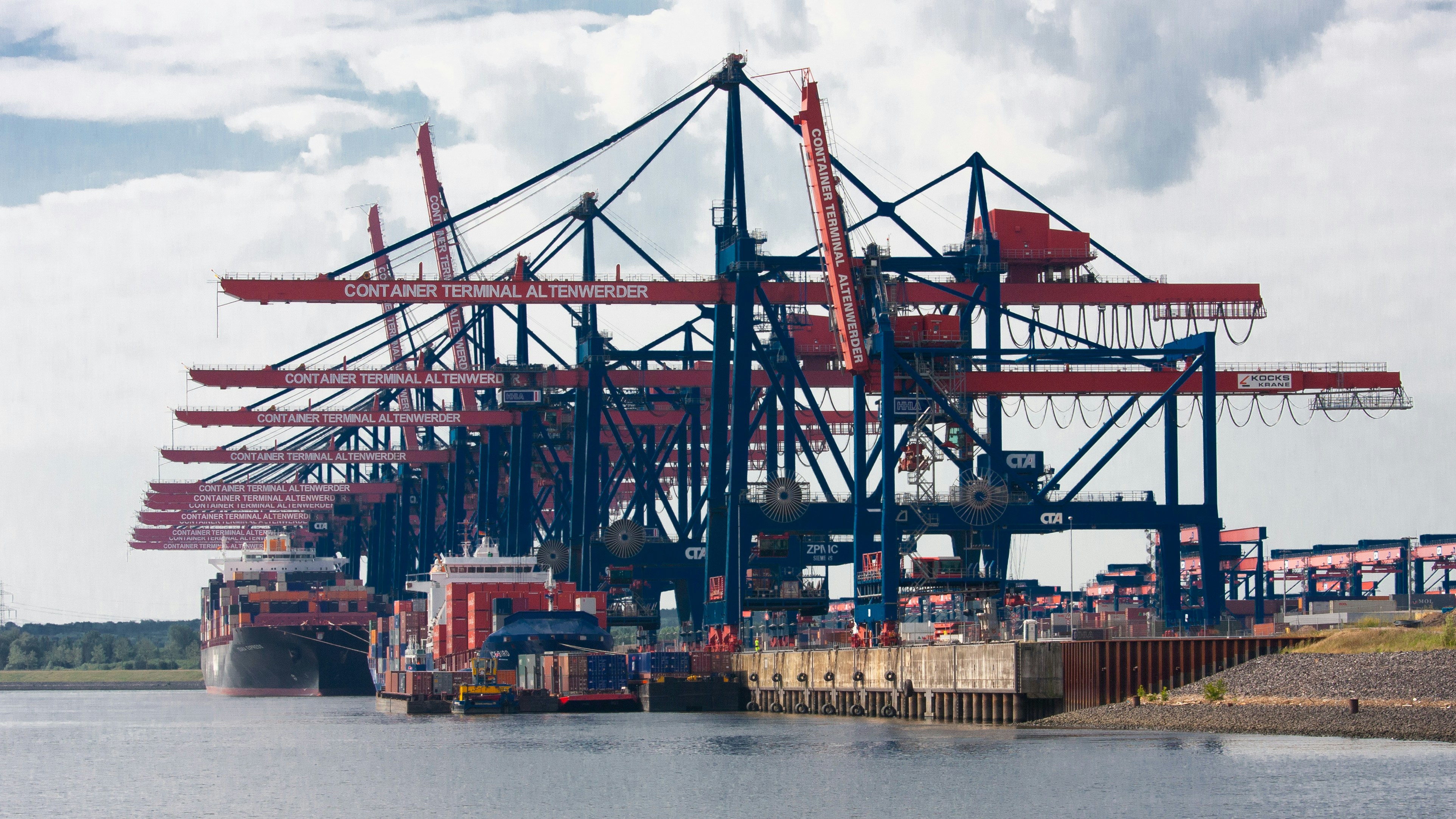The numbers tell a colder story than the headlines suggest. Even as policymakers touted tariff relief and a thaw in US-China tensions, Singapore’s May export figures brought a sharp correction. Non-oil domestic exports (Nodx) slipped 3.5% year-on-year—an abrupt reversal from April’s surge. But this isn’t about a forecast gone wrong. It’s a deeper reflection of unstable global demand, and a reminder that temporary truces do little to rebuild trust across supply chains.
The popular thesis—tariff reprieves mean Southeast Asia benefits—hasn’t held. What we’re witnessing is the slow dismantling of assumptions that once underpinned regional trade optimism. May’s contraction wasn’t noise. It was recalibration.
Heading into May, the mood was hopeful. Analysts expected an 8% climb in Nodx, backed by early order placements and the optics of tariff freezes. Instead, the momentum faltered. Electronics managed a muted 1.7% increase, but it was undercut by a 5.3% drop in non-electronic shipments—especially in high-weight sectors like petrochemicals and machinery.
This isn’t cyclical softening—it’s fragmentation. Procurement teams are navigating by caution, not policy cues. Nowhere was that clearer than in the 20.6% collapse in US-bound exports. This wasn’t a margin wobble. It was structural.
The détente between Biden and Trump—lauded for trimming tariffs and cooling rhetoric—failed to revive flows. If anything, it clarified the limits of tariff diplomacy.
Drill into the US data, and the story sharpens. Nearly half of Singapore’s specialised machinery exports to the US evaporated. Food and manufactured items followed suit. Even pharmaceuticals—over a tenth of Singapore’s export portfolio to the US—remain exposed, with levies still on the table.
This isn’t drift—it’s a shift. Washington appears to be reengineering its trade exposure, favoring domestic sourcing and leaning into geopolitical selectivity. Tariff cuts on Chinese goods—down from 145% to 30%—didn’t bring spillover gains to Singapore. There was no trade diversion effect. Just silence. The signal is clear: multinational buyers aren’t reallocating risk. They’re avoiding it altogether.
Elsewhere, Southeast Asia told a more complex story. Markets like Taiwan, Indonesia, South Korea, and Hong Kong posted gains. But others—Malaysia, Thailand, and the US—retracted sharply. What connected the weak performers wasn’t geography—it was concentration in volatile goods like PCs, food inputs, and gold.
This isn’t random variation. It’s selective resilience. Markets with stronger tech demand and deeper digital adoption—Taiwan and Indonesia, notably—remain active. Those without such pull, or where demand is politically filtered, are slowing sharply.
Gold and petrochemicals, once seen as safe fallback categories in uncertain times, are slipping from favor. Their role in the regional export portfolio is no longer assured. Enterprise Singapore has already adjusted expectations, projecting Nodx growth for 2025 to land near the lower end of its 1%–3% range. But the issue is less the percentage than the premise.
Basing trade outlooks on tariff cycles is a flawed exercise. The world’s largest buyers are no longer reacting to policy in real time. They’re engineering around it—quietly redesigning supply networks that can withstand regulatory churn. Tariff pauses aren’t invitations to scale up—they’re intermissions in a longer pivot. The instinct now is not to accelerate—it’s to diversify.
Singapore’s export competitiveness remains intact. But resilience is becoming more dependent on sectoral mix than headline volume. Integrated circuits and consumer tech are still moving. But in sectors where margin sensitivity or political uncertainty dominates—like chemicals, pharma, and gold—buyers are hesitating.
The question is not “how much,” but “what kind.” The path forward lies in cultivating stickier, less politically reactive exports. Pharma’s future hinges on tariff negotiations. Petrochemicals will continue to ride commodity cycles. And gold, instead of buffering volatility, is now amplifying it. For Singapore, agility in composition is now as critical as efficiency in logistics.
This isn’t just a soft patch. It’s a strategic shift. May’s export dip exposed the fragility beneath the façade of tariff relief. If anything, the short-term reprieves only highlighted how tentative demand still is.
Buyers aren’t chasing deals. They’re reducing exposure. Arbitrage plays have been replaced by supply-chain conservatism. And the implications for trade-dependent economies are unambiguous.
Strategy leaders need to rethink market targets, pivot away from friction-heavy product categories, and rebuild models that reflect inertia—not just policy optimism. Tariffs may ease. But confidence in demand? That’s still stuck in neutral.






-1.jpg&w=3840&q=75)







